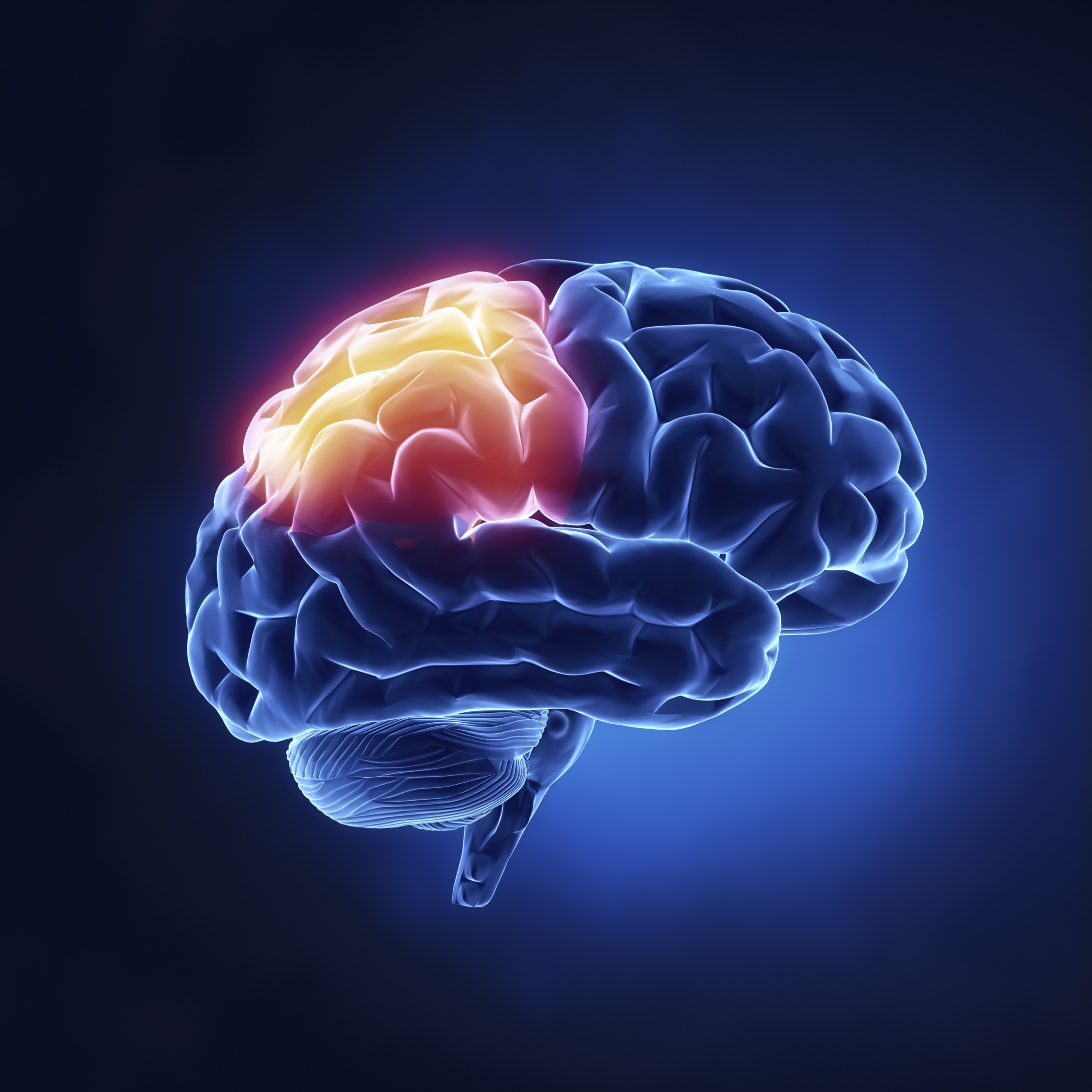Moving towards old age brings changes in memory and cognitive functions. As they grow older, people start to forget, which is relatively normal. What is not normal, however, is someone experiencing memory loss to such an extent that their independent functionality or personal safety are affected. It is also normal for such memory problems to be accompanied by changes in mood, personality or behavior.
WHAT CAUSES MEMORY DISORDERS?
Abnormal memory loss may be caused by reversible situations and conditions such as depression and stress, substance and alcohol abuse, some type of infection, lack of proper nutrition, or a symptom accompanying certain medical conditions. However, early and correct diagnosis and treatment can greatly improve such conditions. Memory loss and extensive memory disorders may, however, be caused by neurodegenerative diseases such as:
- Mild mental retardation
- Alzheimer’s disease and related dementias
- Vascular dementia
- Parkinson's disease
- Brain trauma (e.g. traumatic brain injuries)
In some cases, the initial symptom may be an abnormal personality change.
With proper diagnosis and a suitable treatment plan, patients with Alzheimer's disease and other dementias can reach the optimal level of autonomous functionality for their condition and improve the quality of the rest of their lives.
MEMORY CLINIC SERVICES
- Neurological exam
- Neuropsychological exam
- Lab tests
- Radiodiagnostic/Imaging tests (MRI, CT scans)
- Treatment plan/intervention
- Counseling for carers/relatives
The Metropolitan Hospital Memory Clinic is staffed by a Neurologist and a Clinical Neuropsychologist, and also provides neuroradiology and internal medicine medical support if required. The scientific team’s objective is to provide early and reliable diagnosis of the nature of memory problems, which will lead to designing an individualized intervention and treatment plan.
WHAT HAPPENS AT THE MEMORY CLINIC?
During the first visit, which may last 1-2 hours, a coarse assessment of the patient’s memory and cognitive function measurement are performed. The extent of the problem is assessed and the underlying cause for memory problems is identified.
Then, if necessary, the patient undergoes lab and medical tests (e.g., blood tests, EEG, MRI and CT scans) to diagnose the problem.
NEUROPSYCHOLOGICAL EXAM
During the next stage, the Clinical Neuropsychologist examines the patient using standardized tests and neuropsychological/psychometric tests, focusing on memory, attention, perception and problem solving processes. The neuropsychological test results offer a detailed profile of cognitive functionality that show the patient's cognitive deficits and shed light on the relationship between brain and behavior.
THERAPEUTIC INTEVENTION PLANNING
Therapeutic intervention is individualized and may include pharmaceutical treatment, psychotherapy, modification of the behavioral symptoms of dementia, cognitive training and cognitive rehabilitation exercises. Throughout the evaluation and treatment planning, the team works closely with the carer and the patient's relatives, and provides counseling and psychotherapy services.
“Modern neuroscience has assisted in mapping the areas of the brain that are responsible for memory. New clinical and research data may demonstrate the causes of memory disorders, as well as suitable treatment methods.”
It has been developed and designed by the scientific team of the Metropolitan Hospital Neurology Department, aiming to combine excellent neurological medical procedures, clinical neuropsychology and the latest technology / diagnostic methods for the treatment of dementia.
9 Ethnarchou Makariou & 1 E. Venizelou Streets, 18547 Neo Faliro







































